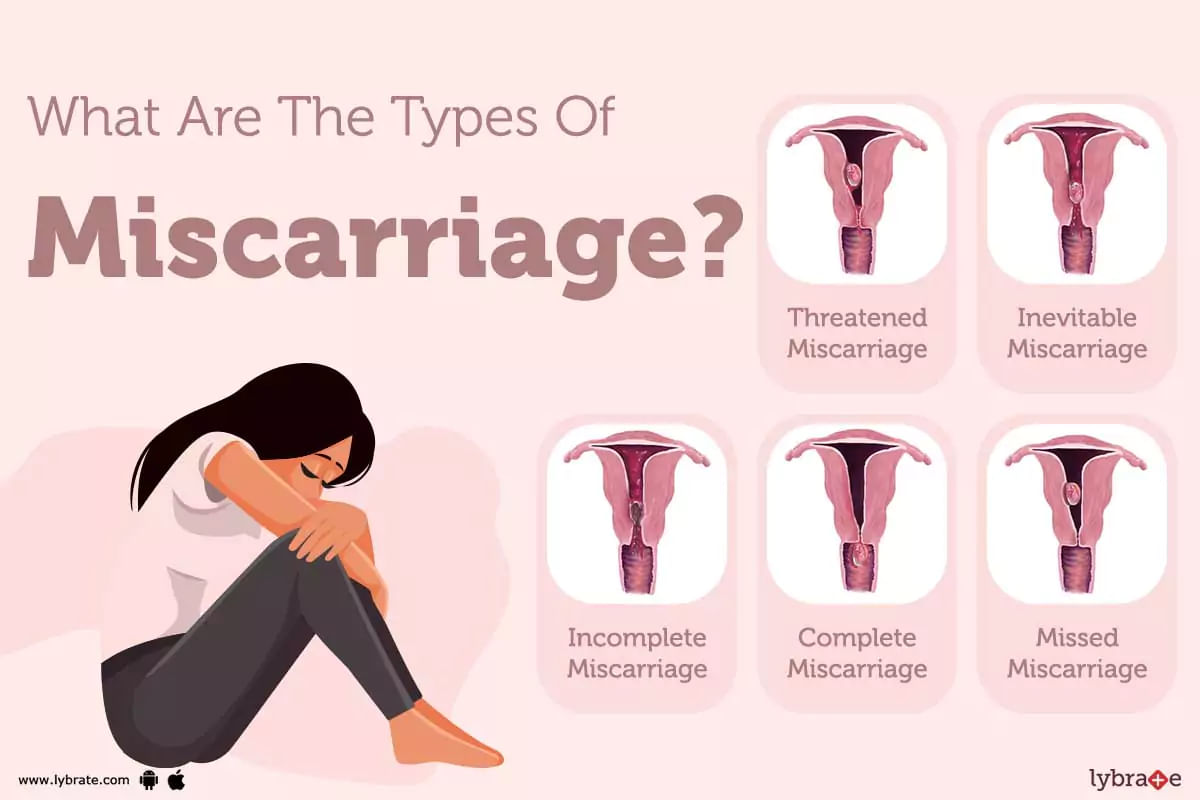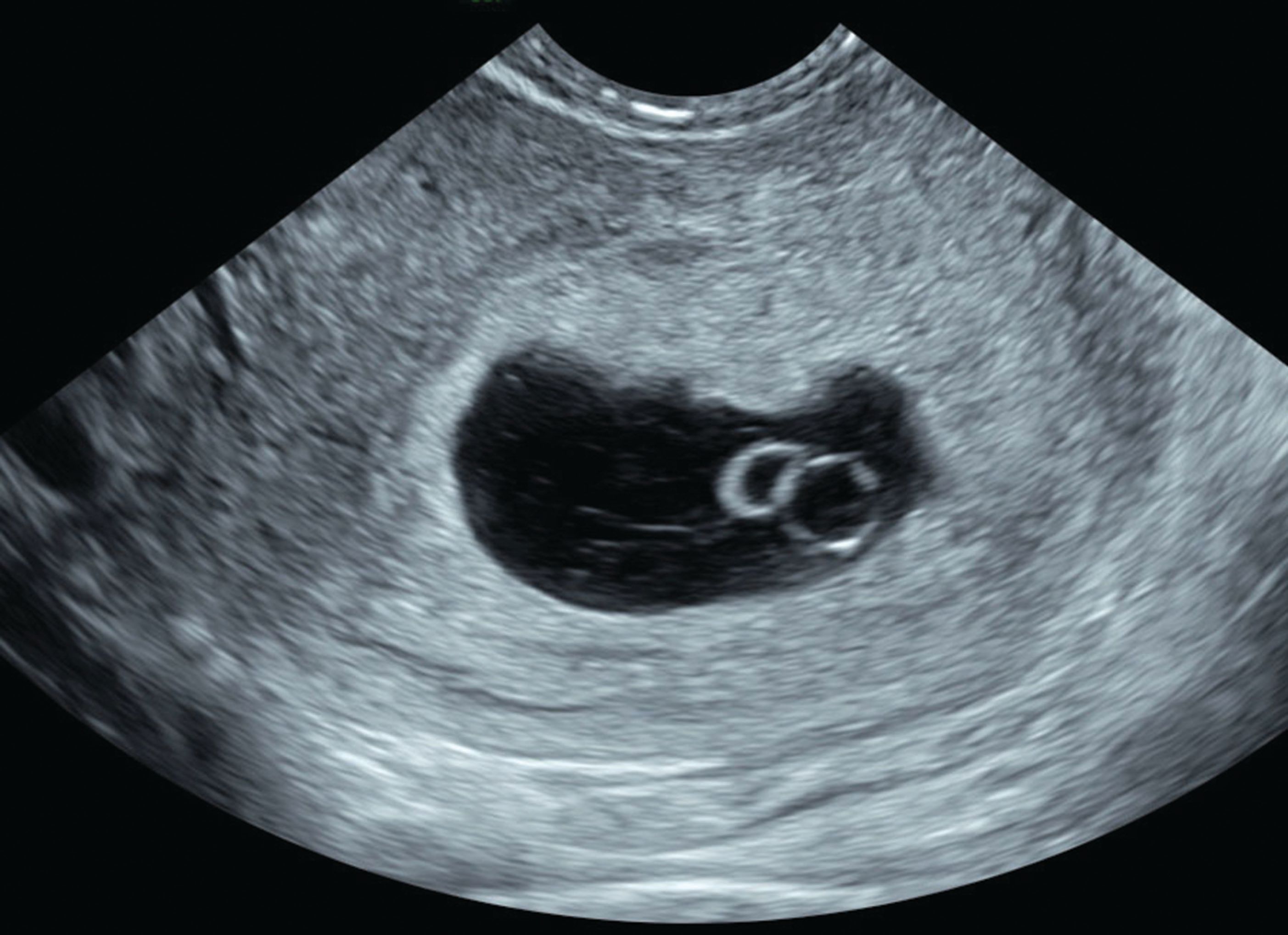Miscarriage & Early Pregnancy Loss: Signs & Symptoms - What You Need To Know
What happens when a mother's hopes for a future are abruptly shattered by the cruel realities of early pregnancy loss? Miscarriage, a deeply personal and often unspoken experience, affects countless women, leaving behind a trail of grief, physical challenges, and unanswered questions.
The story of Alexis Fretz serves as a heartbreaking reminder of this. At just 19 weeks pregnant, she went into labor, her body unexpectedly betraying the fragile life she carried within. The birth of her son, Walter Joshua Fretz, was followed by the agonizing reality of his death, a loss etched forever in her memory. While such a late-term loss is devastating, miscarriages at earlier stages are unfortunately far more common.
The emotional weight of a miscarriage is immense, regardless of the gestational stage. It's a profound experience that can trigger a range of feelings, including shock, sadness, anger, guilt, and a sense of isolation. The physical toll is also significant, with hormonal fluctuations and potential complications adding to the burden. Coping with these challenges can be incredibly difficult, especially when facing the emotional pain of losing a child.
Miscarriage is defined as the loss of a pregnancy before the 20th week of gestation. It is a remarkably common occurrence, with a significant percentage of pregnancies ending this way. The causes of miscarriage are varied and often complex, ranging from genetic abnormalities in the developing fetus to hormonal imbalances in the mother. While medical advancements have improved our understanding and treatment of miscarriage, the reasons remain unknown in many cases, adding another layer of frustration to the experience. Early miscarriages frequently resemble heavy menstrual periods, making it difficult for some women to recognize they were pregnant at all.
Here are some key facts and insights about miscarriage to bring awareness and understanding:
| Topic | Details |
|---|---|
| Definition | Spontaneous pregnancy loss before 20 weeks of gestation. |
| Commonality | About 10-20% of known pregnancies end in miscarriage, with the actual number likely higher. |
| Timing | The majority of early miscarriages occur before 10 weeks of gestation. Some occur very early, even before a woman knows she is pregnant. |
| Causes | Genetic abnormalities in the fetus, hormonal imbalances, infections, and other factors. In many cases, the cause remains unknown. |
| Symptoms | Vaginal bleeding (can be heavy or light), cramping, abdominal pain, passing clots or tissue. Signs of pregnancy, like nausea and breast tenderness, may fade. |
| Symptoms at 2 weeks | If fertilization does not happen, a woman can await a miscarriage at the 2nd week of pregnancy, and you might experience more cramping and bleeding than a normal period. |
| Symptoms at 1 week | The most common cause of miscarriage in 1 week of pregnancy are the genetic pathologies of the fetus. |
| Emotional Impact | Grief, sadness, anger, guilt, and a sense of loss are common. |
| Timeline | Bleeding and cramping may last a few days or up to two weeks. |
| Aftermath | After a miscarriage, you will have some cramping pain and bleeding after the miscarriage, similar to a period. It will get lighter over time and will usually stop within 2 weeks. |
| Medical Advice | Contact healthcare provider as soon as possible if you experience vaginal bleeding, cramps, or back pain. |
| Important Note | If you experience this, contact a healthcare provider as soon as possible. |
| Reference | Mayo Clinic: Miscarriage |
The experiences of those who have suffered a miscarriage underscore the need for compassion and support. The words of one woman, "I'm so sorry, I had a miscarriage also last week at almost 8 weeks," reflect the shared pain and sense of community that emerges when individuals realize they are not alone. It also highlights the potential for emotional distress, as exemplified by the feeling of not knowing about the loss until the baby was passed, alongside the simultaneous wonder at witnessing the formation of a tiny human form.
The physical signs can vary depending on how far along the pregnancy was. Early miscarriage symptoms, such as those experienced at around 2 weeks after conception (or 4 weeks pregnant), might feel like a slightly heavier and more painful period. As the pregnancy progresses, the symptoms may intensify, with heavier bleeding, more severe cramping, and the possible passing of tissue or clots. Recognizing the early symptoms is vital.
In cases where a woman is unaware that she is pregnant, a miscarriage can be mistaken for a regular period. The absence of a period, coupled with some cramping or bleeding, may cause confusion. Understanding the difference between a typical menstrual cycle and a miscarriage can assist in promptly seeking medical advice when necessary. This is especially important if the bleeding is heavy or accompanied by severe pain.
The emotional response to a miscarriage, regardless of when it occurs, can be all-encompassing. The planning of a trip to Europe after a miscarriage, with the statement, "no, you know what, let's get away, let's be together and continue to enjoy our lives and not let this stop us," underscores the necessity to continue living. It serves as a means of seeking comfort and a way to heal, but the grief may linger, influencing future decisions and perspectives.
It is worth noting that the timeline for recovery after a miscarriage varies. The cramping and bleeding typically subside within a few weeks, and the physical signs of pregnancy, such as nausea and breast tenderness, often fade. However, the emotional wounds can take much longer to heal. The experience can sometimes lead to future pregnancy difficulties and require support for both the physical and mental health of the individual involved.
In the United Kingdom, the dividing line between a miscarriage and a stillbirth is typically at 24 weeks. In other parts of the world, such as the United States, that dividing line is often placed at 20 weeks of gestation. This difference affects how a pregnancy loss is classified, and the resources available to provide care and support.
The advice given by healthcare providers emphasizes the importance of seeking prompt medical attention if you experience vaginal bleeding, accompanied by abdominal cramping. The presence of significant bleeding, the passing of clots or tissue, and intense pain, needs to be evaluated by a doctor. They can evaluate the condition and suggest suitable actions. It helps ensure the person is getting appropriate care and the prevention of any complications.
When a woman experiences a miscarriage, it can be difficult to share her experiences with others. However, open discussions, support groups, and the sharing of stories, can help combat isolation and foster a sense of community. Support can come from family, friends, support groups, and professional counselors who specialize in the emotional and psychological ramifications of pregnancy loss.
For individuals who have experienced a miscarriage, the journey forward is often one of healing, both physically and emotionally. It involves allowing time to grieve, seeking support from others, and making peace with what has happened. It may include further exploration of options for future pregnancies, alongside the importance of considering mental health treatment.
The reality of early pregnancy loss underscores the complexities of reproduction, the importance of emotional support, and the critical role of compassionate medical care. It is a subject which remains a sensitive topic, demanding the attention of society, healthcare professionals, and affected individuals, to offer support, understanding, and resources. This way, we may ease the hardship and increase the knowledge around such issues.


